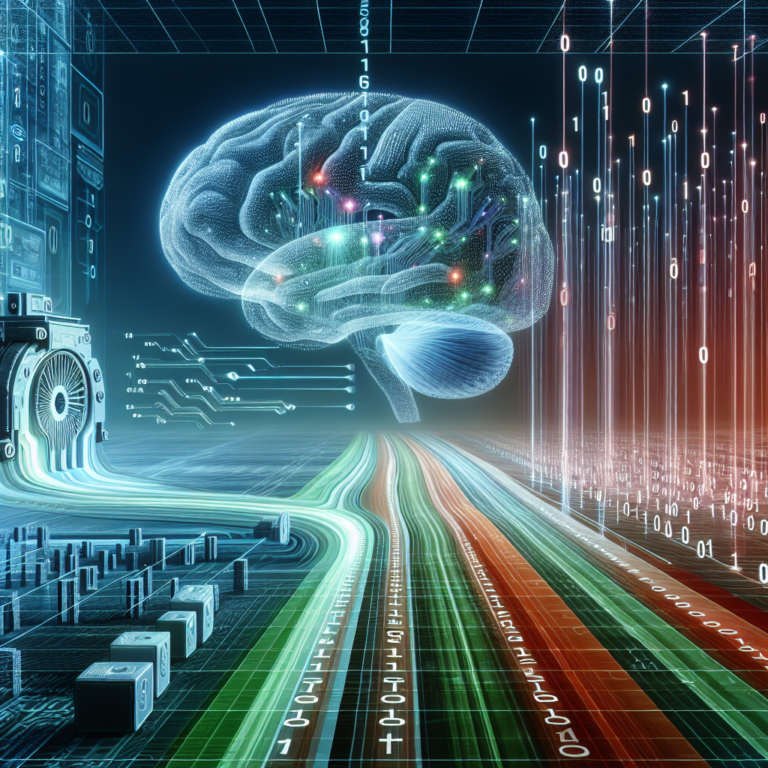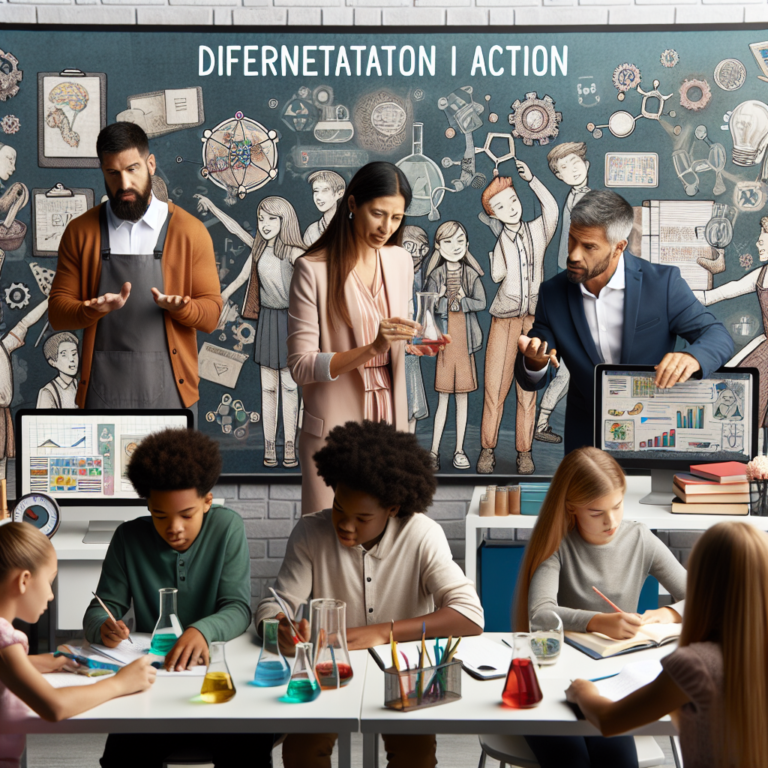
Introduction
Have you ever walked into a room only to forget why you went there? Or struggled to recall the name of an acquaintance just moments after being introduced? Memory is a complex tapestry of processes that influences our daily lives, from trivial forgetfulness to pivotal moments that shape our identities. This article delves into the intricacies of memory—why it matters, how it works, and the factors that foster or hinder our ability to recall and forget. If you’ve ever questioned the reliability of your memory, or wondered how you can enhance it, you’re not alone. Today, we’ll uncover the science behind memory recall and forgetting, providing insights that are both fascinating and actionable.
The Importance of Memory
Memory is more than just a neural process; it’s the bedrock of our experiences and identities. From remembering loved ones to recalling significant life events, our memories shape the narratives we tell about ourselves. According to cognitive psychologists, memory enables us to learn from the past, interact with the present, and plan for the future.
The Role of Memory in Daily Life
Consider how memory aids in essential daily tasks. From rote memories like grocery lists to emotionally charged recollections like your first kiss, each plays a pivotal role in helping us navigate the world. Importantly, memory is central not just to personal well-being but also to societal functioning. Institutions rely on collective memory to maintain culture and history, impacting politics and education.
Understanding Memory: The Science Behind It
Memory is broadly categorized into three types: sensory memory, short-term memory, and long-term memory. Each type serves a unique function in our cognitive processes.
Sensory Memory
Sensory memory serves as a brief storage system for incoming information. Its duration is incredibly short—just a few seconds. Types of sensory memory include iconic (visual) and echoic (auditory) memory. For instance, think of the fleeting image of a sunset or a momentary auditory cue, like a bell ringing. These memories allow us to process sensory inputs before deciding what to retain for the long term.
Short-Term Memory
Short-term memory is also known as working memory, where information is temporarily stored and manipulated. It’s like a mental scratchpad, only holding onto information for about 15-30 seconds. For example, remembering a phone number long enough to dial it is a function of short-term memory. Studies show that our short-term memory can hold approximately seven (plus or minus two) chunks of information, a concept known as Miller’s Law.
| Memory Type | Duration | Capacity | Examples |
|---|---|---|---|
| Sensory Memory | < 1 second | Infinitely large | Brief visual/auditory cues |
| Short-Term Memory | 15-30 seconds | 7 (± 2) chunks | Phone numbers |
| Long-Term Memory | Years to lifetime | Theoretically unlimited | Life events, skills |
Long-Term Memory
Long-term memory represents the vast reservoir of information stored over extended periods. It can be further divided into explicit (declarative) memory, which includes episodic (personal experiences) and semantic (facts and knowledge), and implicit (non-declarative) memory, such as skills and tasks.
Episodic Memory: This includes personal experiences and the emotional tags associated with them, such as birthday celebrations or significant life milestones.
Semantic Memory: This governs facts and information about the world, like knowing that Paris is the capital of France.
- Implicit Memory: This storehouse contains skills and habits that we perform unconsciously, such as riding a bike or typing on a keyboard.
Case Study: The "Loci" Method
An excellent illustration of long-term memory in action is the “Method of Loci” or memory palace technique. A study conducted by researchers at the University of California showed that participants who used this technique could recall more items than those using traditional memorization methods. By associating information with physical locations in a familiar environment, individuals improved their recall performance significantly.
Analysis
This case study demonstrates that enhancing memory isn’t solely about natural ability; it’s about leveraging techniques that utilize our existing knowledge and spatial awareness, making the act of recalling information easier.
Factors Affecting Recall and Forgetting
Understanding the factors that influence memory can provide valuable insight into improving our cognitive abilities.
1. Attention and Focus
Attention is vital for effective memory formation. When we’re multitasking or distracted, our brains are less capable of encoding information into memory. Research shows that focused attention enhances encoding, improving recall later.
2. Emotional State
Emotions significantly impact memory. Positive emotions tend to enhance memory performance, while negative emotions can hinder it. Neurologically, this is linked to the amygdala, which processes emotional responses and is closely connected to memory functions.
Case Study: The Role of Emotion in Memory
A study published in the journal Cognitive Neuroscience revealed that participants who encountered emotionally charged images recalled them better than neutral images. This suggests that emotionally relevant experiences are more easily encoded and retrieved.
Analysis
By recognizing the influence of emotions on memory, we can harness techniques, such as positive visualization, to improve recall, particularly in high-stakes scenarios like public speaking or exams.
3. Sleep and Memory Consolidation
Sleep plays a crucial role in memory consolidation—the process through which short-term memories are transformed into long-term storage. During sleep, particularly during REM (Rapid Eye Movement) stages, the brain processes and organizes memories.
The Mechanics of Forgetting
While memory is essential, forgetting also plays a crucial role in cognitive health. Forgetting helps us weed out unnecessary information, making it easier to access relevant memories.
Types of Forgetting
- Transience: Memories can fade over time if they aren’t retrieved or reinforced.
- Absent-mindedness: Forgetting due to a lapse in attention during encoding.
- Blocking: Inability to retrieve information, often referred to as “tip-of-the-tongue” phenomenon.
Case Study: The Ebbinghaus Forgetting Curve
Psychologist Hermann Ebbinghaus created the forgetting curve, demonstrating how information is lost over time when there is no attempt to retain it. His research showed that after just 20 minutes, people forget approximately 40% of the information they’ve learned.
Analysis
Understanding how quickly we forget can inspire learning techniques, such as spaced repetition, which involves reviewing material over progressively longer intervals to reinforce memory.
Enhancing Memory: Proven Techniques
Now that we understand the mechanisms of memory and forgetting, let’s explore some actionable techniques to enhance recall.
1. Spaced Repetition
This technique utilizes Ebbinghaus’s findings, encouraging learners to review information at increasing intervals to combat forgetting.
2. Mind Mapping
Visual aids can significantly enhance memory retention. Mind mapping allows information to be organized visually, making connections and recall easier.
3. Mnemonics
Using symbols, acronyms, and rhymes can serve as effective memory aids. They provide a framework for organizing information, making it easier to remember.
4. Practice Retrieval
Engaging in active recall—testing oneself on information rather than passively reviewing—can strengthen memory connections and improve retention.
Case Study: Active Recall’s Effectiveness
A study published in the Journal of Educational Psychology demonstrated that students who practiced self-testing retained information better than those who simply reviewed course materials.
Analysis
Implementing active recall strategies, especially in academic settings, can significantly improve learning outcomes and retention rates.
Conclusion
Memory is a fascinating, multifaceted aspect of our lives that deeply influences who we are and how we navigate the world. As we’ve explored in "Memory Matters: Exploring the Science Behind Recall and Forgetting," understanding the intricacies of memory not only highlights its significance but also equips us to enhance our cognitive abilities. By employing techniques such as spaced repetition, mind mapping, and active recall, we can take control of our learning journeys, fostering a more profound understanding of ourselves and the world around us.
FAQs
What is the primary function of memory?
- Memory allows us to retain and recall information, enabling learning and guiding our decision-making.
Can memory be improved with practice?
- Yes, techniques like spaced repetition and active recall have been shown to enhance memory retention.
What role does emotion play in memory recall?
- Emotions can significantly enhance memory recall by creating stronger and more vivid memories.
How does sleep affect memory?
- Sleep is essential for memory consolidation, helping to transform short-term memories into long-term storage.
- Why do we forget information?
- Forgetting can result from various factors like transience, absent-mindedness, and blocking, helping us focus on more relevant information.
By understanding and applying these concepts, you can harness the power of memory, making it work for you in everyday life. Remember, memory matters!

















